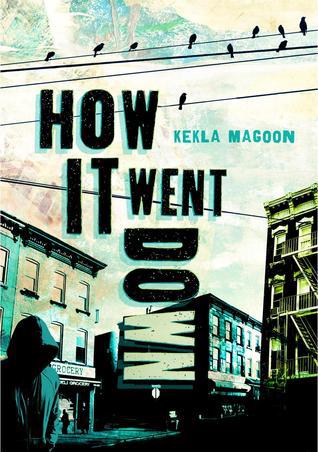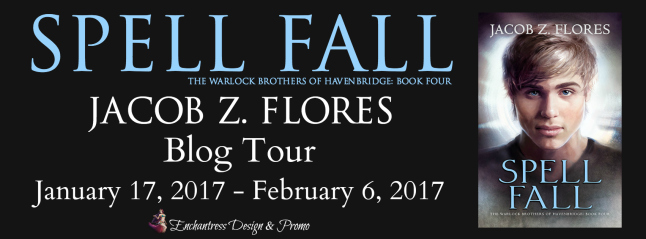Certain facts, certain books, certain entire fields of study leave us unfazed, unstimulated, and generally uninterested. And yet, sometimes something – anything – a mere phrase, can arrest the attention and set the mind reeling.

There is a short story by Tobias Wolff called “Bullet in the Brain” about a man named Anders, a book critic, who is shot in the head during a bank robbery gone wrong. As the bullet enters his brain, it fires off all sorts of synapses and moments of his life flash before him. Despite everything that he has experienced in his life, what he remembers, rather than his marriage, the birth of a child, and his achievements – is playing baseball and a phrase one of the kids said:
“Short stop,” the boy says, “Short’s the best position they is.”
Anders was struck by this phrase. He was “strangely roused, elated, by those two final words, their pure unexpectedness and their music. He takes the field in a trance, repeating them to himself.”
The story ends with Anders in his final moments replaying the words, “They is, they is, they is.“
I love this short story and I love thinking about how some things can capture our attention in ways that sometimes feel mysterious. Certain things just appeal to us and we’re left wondering why.
I recently came across this statement about curiosity and the ideas that interest us.
Not every fact elicits our curiosity, but occasionally one will become sufficiently important, “if the idea strikes us with such force, and concerns us so nearly, as to give uneasiness in its instability and inconstancy.” (Quote attributed to David Hume, found in Curiosity by Alberto Manguel)
While the statement leaves unanswered why certain facts might ‘strike us with such force,’ I am interested in the second part of the phrasing: as to give us uneasiness in its instability and inconstancy. Interesting facts are interesting to us partly because they contain some instability or inconstancy so as to cause us uneasiness.
This feels true. I think we can be most interested in things we don’t fully understand – as children we are drawn to the possibility of magic and fairy tales. As adults, what we don’t fully understand can be religion, other human beings and psychology, outer space and mankind’s place in the universe, natural disasters, modern evils – ISIS, terrorism. We understand enough to know that there is so much more that we don’t understand. And what we are able to understand feels tenuous next to all that we do not know. The idea doesn’t feel complete, but yet it feels important – and so we are curious. There is a yearning to complete the idea and to complete the understanding.
We can be interested in and drawn to the ideas that do not fully fit into our previous conceptions of how things are or how they should be – whether in our contemplations on new scientific theory or on the unexpected music of they is, they is, they is.
Share this:




